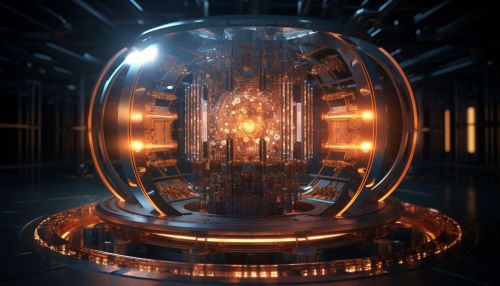The Physics of Quantum Mechanics in Quantum Annealing
Introduction
Quantum mechanics is a fundamental theory in physics that provides a description of the physical properties of nature at the scale of atoms and subatomic particles. It is the foundation of all quantum physics including quantum chemistry, quantum field theory, quantum technology, and quantum information science. Quantum annealing is a method used to solve optimization problems using quantum mechanics. It is a quantum analog to simulated annealing, where the system is slowly cooled to find the global minimum of a given function.

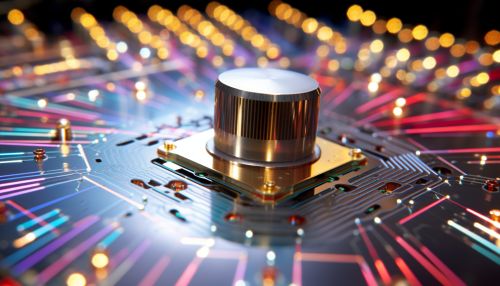
Quantum Mechanics
Quantum mechanics is a branch of physics that deals with phenomena on a very small scale, such as molecules, atoms, and subatomic particles like electrons, protons, and neutrons. It is a fundamental theory in physics that provides a description of the physical properties of nature at the scale of atoms and subatomic particles. Quantum mechanics differs from classical physics in that energy, momentum, angular momentum, and other quantities of a bound system are restricted to discrete values (quantization), objects have characteristics of both particles and waves (wave-particle duality), and there are limits to the precision with which quantities can be known (uncertainty principle).
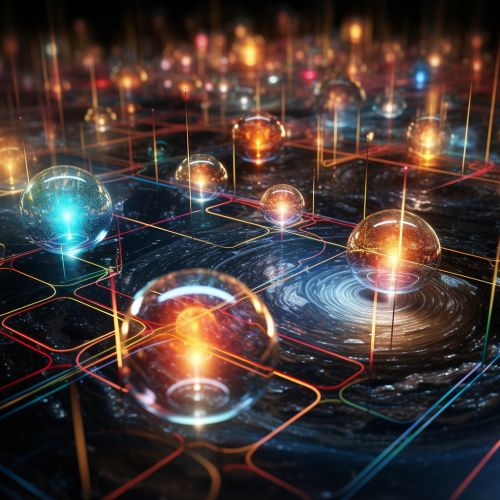
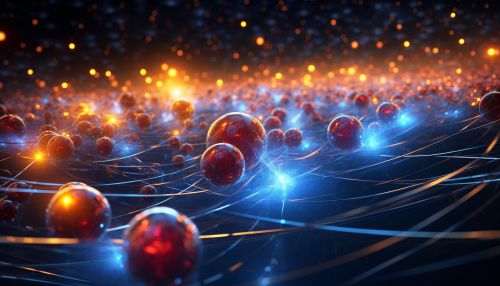
Quantum Annealing
Quantum annealing is a metaheuristic for finding the global minimum of a given objective function over a given set of candidate solutions, by a process using quantum fluctuations. Quantum annealing is used mainly for problems where the search space is discrete with many local minima; such as finding the ground state of a physical system. It was formulated in the context of quantum computation. The idea is to use quantum properties to find a global minimum more efficiently than classical methods can.
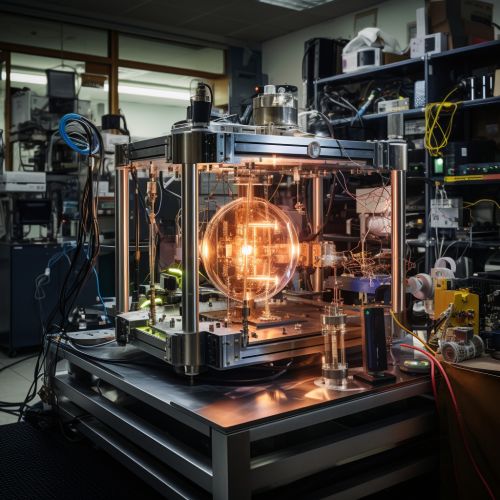
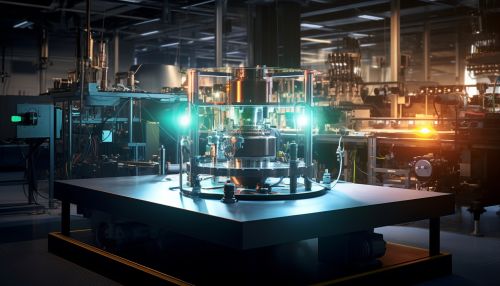
Physics of Quantum Mechanics in Quantum Annealing
Quantum annealing uses the principles of quantum mechanics to solve optimization problems. It starts from a quantum-mechanical superposition of all possible states (configurations) with equal weights. Then the system evolves following the time-dependent Schrödinger equation, a fundamental equation in quantum mechanics. The amplitudes of all states keep changing, and in the end, a measurement is made, collapsing the superposition to one state, hopefully, the ground state of the system.

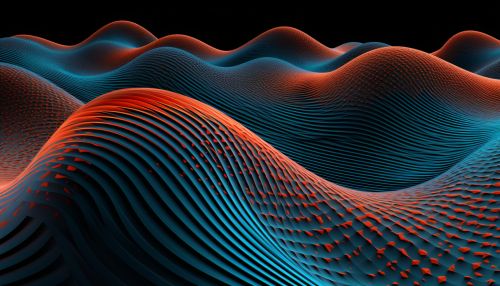
Applications of Quantum Annealing
Quantum annealing has been used to solve many types of optimization problems. These include problems in logistics, medicine, biology, physics, and finance. For example, in logistics, quantum annealing has been used to optimize the routes of delivery trucks, reducing the total distance traveled and therefore reducing costs. In medicine, it has been used to design new drugs by finding the optimal configuration of a molecule to bind to a specific protein.
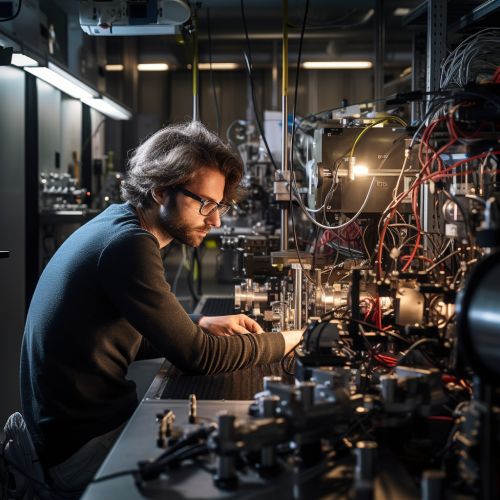
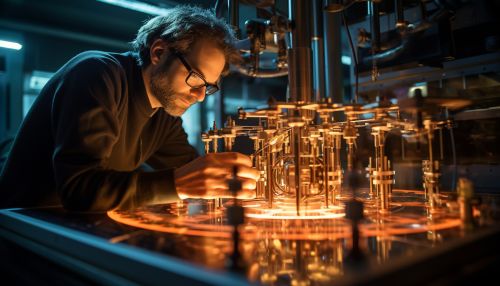
Challenges and Future Directions
Quantum annealing, while promising, still faces many challenges. These include the need for extremely low temperatures, the difficulty of maintaining quantum coherence, and the presence of quantum noise. However, ongoing research in quantum computing and quantum information science is expected to overcome these challenges. The future of quantum annealing looks promising, with potential applications in many areas of science and technology.

